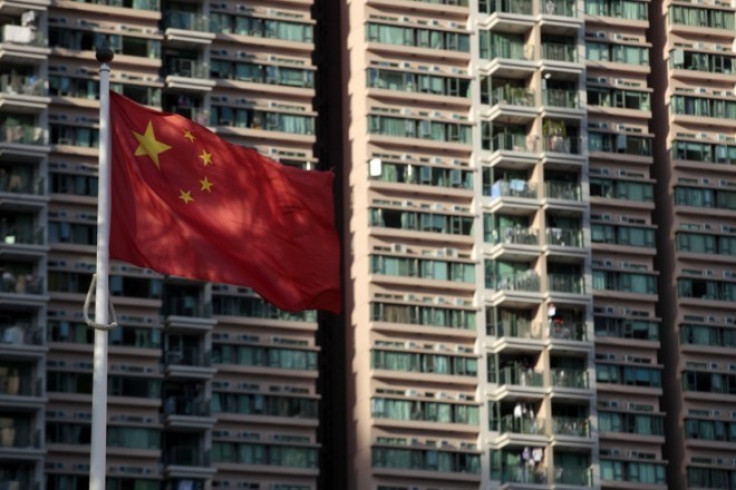China Changes Stance on Growth-Hampering Local Government Debt

China is looking to tighten its fiscal disciplinary measures in order to tackle its rising debt levels at local government bodies, as the country aims at sustainable rather than rapid growth of its economy.
"Designating government debt as a key task is a response to market concerns," Ding Shuang, senior china economist at Citi, was quoted as saying by official Xinhua news agency.
"It's expectation management, telling the market that local government debt will not expand without restraint."
"The implied scenario here is to first tackle the increment. If the debt stops ballooning, China's debt level will decrease as its GDP grows," Ding added.
China's Central Economic Work Conference ended on 14 October was focusing on the crucial problem of rising local government debt, which many analysts consider as a threat to the country's financial stability. The conference generally sets the tone for the country's financial policy for the coming year.
According to the latest available details from the National Audit Office (NAO), China's local government debt totalled at about 10.7tn yuan ($1.64tn, €1.19tn, £1.01tn) by the end of 2010. The results of NAO's audit of government debt announced in July are yet to be published.
Rapid Growth or Sustainable Growth?
China's local governments borrowed heavily to fund their construction and other investments as part of a stimulus in 2008 that was announced to buffer against the global financial crisis.
Officials controlling local governments were competing with each other to launch heavy infrastructure and industrial projects, as they expected faster promotion on the back of high economic growth provided by the projects. They had borrowed aggressively to finance their projects.
Many analysts found the situation to be highly risky, as local government borrowing kept ballooning. Subsequently, the regulators banned banks from directly providing loans to local governments.
Nevertheless, the local governments were able to get loans from the highly-active shadow banking in the country. They used shadow banking products like trust loans and other wealth management products to fund their projects.
The new leadership in the communist country under President Xi Jinping has earlier made it clear that China is aiming at sustainable economic growth rather than rapid growth.
In order to transfer the same mindset to local governments, the Communist Party of China decided on a new system to evaluate officials, which takes into the account the level of local government debt.
During the conference, the leadership was trying to change the officials' mindset giving importance to GDP growth above anything else. Local governments will be responsible for their debts going forward, according to a statement released after the conference.
© Copyright IBTimes 2024. All rights reserved.






